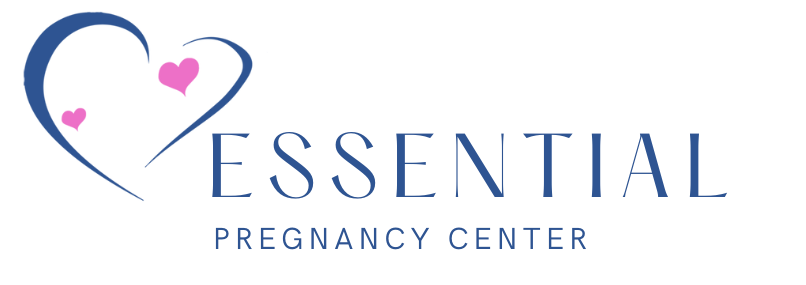Understanding Early Pregnancy Symptoms
Pregnancy is a transformative journey filled with excitement, anticipation, and numerous physical and emotional changes. Recognizing early pregnancy symptoms is crucial for confirming pregnancy and ensuring timely medical care. These initial signs can vary significantly among women and even from one pregnancy to another in the same woman. Early detection allows for prompt health decisions, essential prenatal care, and emotional preparation for the journey ahead. If you're unsure about your symptoms, taking our pregnancy quiz can help you understand your body's signs better. This blog will explore the most common early pregnancy symptoms, what they mean, and when to seek medical advice to ensure a healthy pregnancy.
Missed Period
One of the most common and first noticeable signs of pregnancy is a missed period. If your menstrual cycle is regular and you miss a period, it might be time to take a pregnancy test. This symptom alone doesn't confirm pregnancy, as stress, hormonal imbalances, and other factors can also cause missed periods. However, when accompanied by other symptoms, it could be a strong indicator.
Nausea and Morning Sickness
Nausea, often referred to as morning sickness, can start as early as two weeks after conception and can occur at any time of the day. Hormonal changes, particularly the increase in hCG (human chorionic gonadotropin), are believed to be the primary cause. While morning sickness typically subsides by the end of the first trimester, some women may experience it throughout their pregnancy. Eating small, frequent meals and staying hydrated can help manage nausea.
Breast Changes
Breast tenderness, swelling, or a tingling sensation is another early sign of pregnancy. These changes are due to the body preparing for breastfeeding, driven by increased levels of estrogen and progesterone. The areolas (the area around the nipples) may also darken and enlarge. Wearing a supportive bra and avoiding rough fabrics can help alleviate discomfort.
Fatigue
Feeling unusually tired is expected in early pregnancy. The body's increased progesterone production can cause drowsiness, and the body is working hard to support the developing embryo. It's essential to get plenty of rest and consider light exercise to boost energy levels. Eating a balanced diet rich in iron and protein can also help combat fatigue.
Frequent Urination
Increased urination is another symptom that can start early in pregnancy. As the uterus expands, it puts pressure on the bladder, leading to more frequent trips to the bathroom. Additionally, the kidneys are processing more fluid than usual. Staying hydrated is essential, but you might want to reduce your intake of diuretics like caffeine.
Food Aversions and Cravings
Changes in your sense of taste and smell can lead to food aversions and cravings. Hormonal changes can make certain foods that you once enjoyed seem unappealing or even cause nausea. Conversely, you might find yourself craving foods you didn't care for before. Listening to your body and maintaining a balanced diet is key to supporting your health and your baby’s development.
Mood Swings
Hormonal fluctuations can lead to mood swings, causing emotional highs and lows. It's normal to feel more sensitive or weepy than usual. Communicating with your partner, friends, or a healthcare provider about your feelings can provide emotional support. Practicing relaxation techniques such as yoga or meditation can also help manage stress.
Wrapping Up
Recognizing early pregnancy symptoms is the first step in ensuring a healthy pregnancy. Essential Pregnancy Center offers free and confidential services, including medical-grade pregnancy tests to help you confirm your pregnancy and take the next steps. If you suspect you might be pregnant, contact us today or schedule an appointment online. Remember, every woman's experience with pregnancy is unique, and it's important to listen to your body and seek support when needed.
By understanding these early signs, you can better navigate the journey ahead and ensure both your health and your baby’s well-being. If you have any questions or need support, don't hesitate to reach out to us at Essential Pregnancy Center.
When you subscribe to the blog, we will send you an e-mail when there are new updates on the site so you wouldn't miss them.
We respect patient privacy and comply with applicable privacy laws.
We do not offer, recommend or refer for abortions or abortifacients, but are a 501(c)(3) tax-exempt, faith-based, non-profit organization committed to offering accurate information about abortion procedures and risks.

